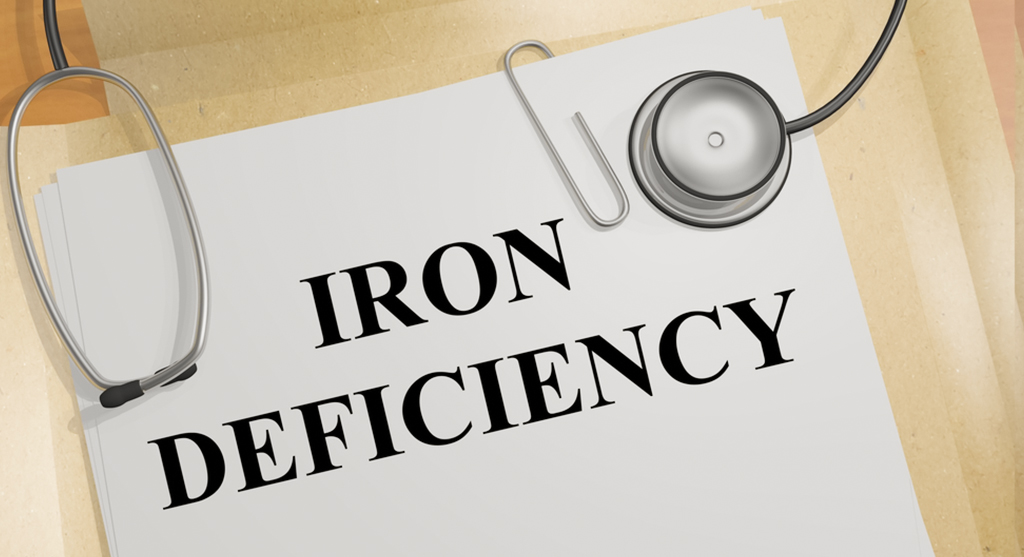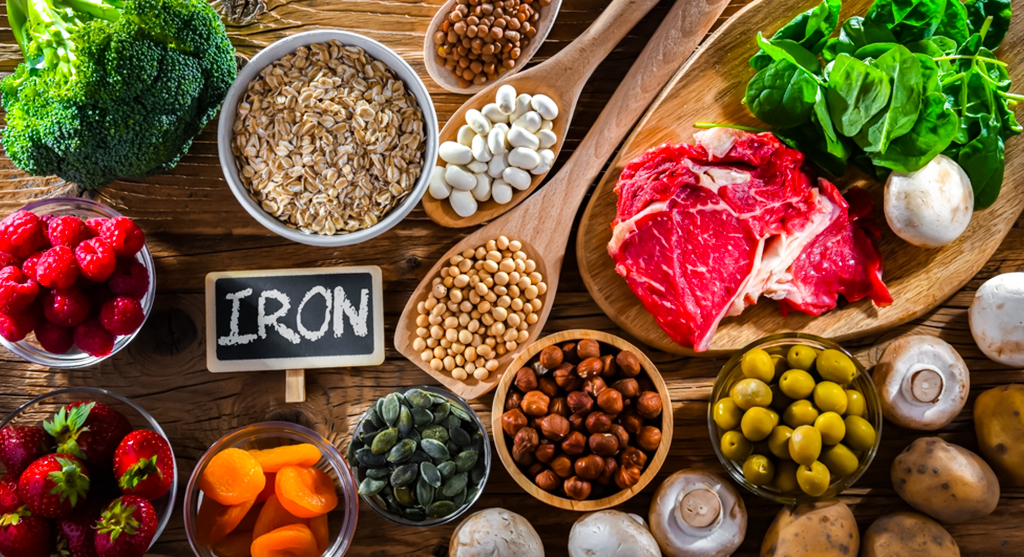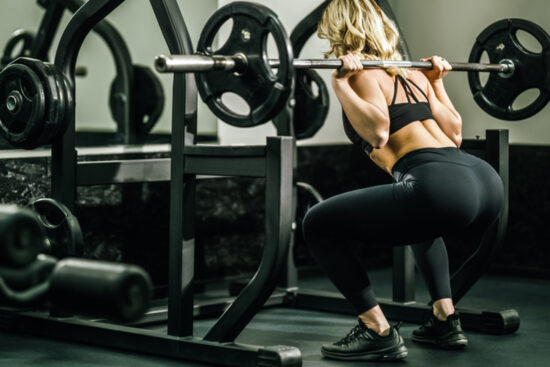Iron deficiency is one of the most common nutritional deficiencies worldwide, affecting millions of people. It can lead to fatigue, reduced immunity, and even cognitive issues if left untreated. Understanding what iron does in your body, recognizing the signs of deficiency, and knowing how to address it are essential steps to maintaining your overall health and energy levels.
In this article, we’ll dive into what iron is, the critical role it plays in your body, the warning signs of deficiency, and the most effective solutions to combat it.

What Is Iron, and Why Does the Body Need It?
Iron is a vital mineral that your body relies on for several essential functions. Without adequate iron, your body struggles to perform critical tasks, which can lead to noticeable health problems. Here’s a closer look at its role:
- Oxygen Transport: Iron is a key component of hemoglobin, the protein in red blood cells responsible for carrying oxygen from your lungs to the rest of your body. This process is vital for energy production and cellular function.
- Energy Production: Iron helps your cells generate energy from nutrients. A lack of iron can leave you feeling drained, even after a good night’s sleep.
- Immune Support: Iron is involved in producing and activating immune cells, helping your body fight infections effectively.
- Brain Health: Adequate iron levels are crucial for cognitive development, especially in children, as it supports the production of neurotransmitters and brain cell communication.

Signs You May Be Suffering from Iron Deficiency
Iron deficiency often develops gradually, and its symptoms can range from mild to severe depending on the extent of the deficiency. Below are the most common warning signs:
- Chronic Fatigue: Feeling constantly tired or weak is one of the earliest and most common symptoms of iron deficiency. This happens because your muscles and tissues aren’t receiving enough oxygen.
- Pale Skin and Mucous Membranes: A noticeable paleness, especially on the face, lips, and the inner lining of your eyelids, is a clear indicator of low hemoglobin levels caused by iron deficiency.
- Shortness of Breath: Even minimal physical exertion can make you feel winded if your red blood cell count is low.
- Frequent Headaches and Dizziness: Insufficient oxygen delivery to the brain can cause persistent headaches and occasional light-headedness.
- Hair Thinning or Hair Loss: When iron levels drop, hair follicles may not receive enough oxygen, leading to shedding or slowed hair growth.
- Brittle Nails: Weak or spoon-shaped nails (koilonychia) are often associated with iron deficiency.
- Unusual Cravings: A symptom known as pica involves cravings for non-food substances like ice, dirt, or chalk, and it’s a strong sign of iron deficiency.
These symptoms can sometimes be mistaken for other health issues, making it crucial to confirm iron deficiency through proper medical testing.
Causes of Iron Deficiency
Iron deficiency can result from several factors, including:
- Inadequate Dietary Intake: A diet low in iron-rich foods is one of the most common causes.
- Increased Iron Needs: Pregnant women, growing children, and individuals undergoing physical stress often need more iron.
- Blood Loss: Heavy menstrual periods, gastrointestinal bleeding, or frequent blood donations can deplete iron levels.
- Poor Absorption: Certain conditions like celiac disease or the use of medications that reduce stomach acid can interfere with iron absorption.

Solutions to Combat Iron Deficiency
Addressing iron deficiency involves a combination of dietary adjustments, supplementation, and sometimes medical intervention.
1. Boost Iron Intake Through Your Diet
Incorporating iron-rich foods is a natural and effective way to prevent or treat iron deficiency. Here are the best options:
- Heme Iron (Animal-Based Sources): Found in red meat, liver, poultry, and seafood, heme iron is easily absorbed by the body.
- Non-Heme Iron (Plant-Based Sources): Foods like lentils, chickpeas, spinach, fortified cereals, and pumpkin seeds are excellent sources of non-heme iron. To enhance absorption, pair these with vitamin C-rich foods like oranges, strawberries, or bell peppers.
2. Consider Iron Supplements
If dietary changes aren’t enough to correct iron deficiency, supplements can help. Options include:
- Iron Tablets or Capsules: Commonly prescribed as ferrous sulfate or gluconate, these are effective but may cause side effects like nausea or constipation.
- Gentle Alternatives: Supplements like iron bisglycinate are designed to be easier on the digestive system.
- Liquid Iron: A good option for individuals who struggle with swallowing pills.

3. Medical Treatment
In severe cases of iron deficiency, a doctor may recommend intravenous iron therapy or other medical interventions. Always consult a healthcare provider before starting any supplements to confirm your deficiency with blood tests such as ferritin or hemoglobin levels.
How to Prevent Iron Deficiency
Prevention is always better than cure. Follow these tips to maintain healthy iron levels:
- Eat a balanced diet that includes both heme and non-heme iron sources.
- Avoid drinking tea or coffee with meals, as they can inhibit iron absorption.
- Take preventive supplements if you belong to a high-risk group, such as pregnant women or people with heavy periods, but only under medical guidance.

Conclusion
Iron deficiency can have a profound impact on your health, but the good news is that it’s both preventable and treatable. By recognizing the signs early and adopting a proactive approach with dietary changes, supplements, and medical advice, you can restore your iron levels and improve your overall well-being.
👉 Take the first step toward better health with our recommended iron supplements on iHerb. Start now!

























Leave a Reply